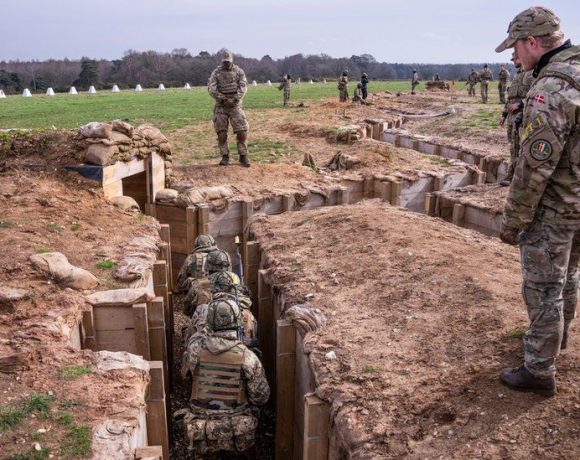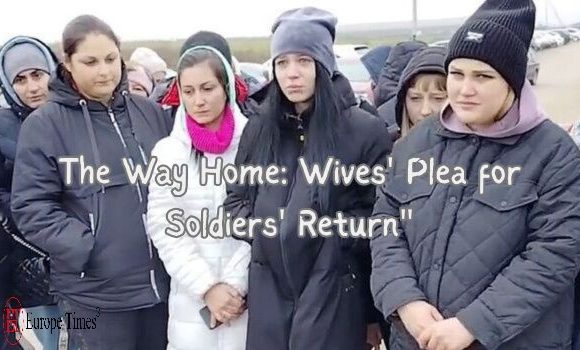
Ukrainian President Volodymyr Zelensky has approved a legislation reducing the military mobilization age from 27 to 25, aiming to bolster Ukraine’s armed forces amid heavy losses in the ongoing conflict with Russia. The decision, which was previously passed by MPs in May 2023 but awaited Zelensky’s signature, comes amid concerns over potential Russian offensives in the coming months.
Zelensky had expressed the need for an additional 500,000 soldiers, and this move is seen as a step towards replenishing reserves, especially as volunteer numbers had declined. The intention behind the law’s enactment now may be linked to strategic preparations against possible Russian advancements.
The conflict between Ukraine and Russia has reached a stalemate, with Ukrainian forces unable to make significant territorial gains due to Russian military superiority and formidable defenses. Furthermore, Ukraine’s military operations have been constrained by a reduction in foreign aid, particularly from Western sources, which have been hindered by political disputes.
The casualty figures on both sides remain contentious. While Russian President Vladimir Putin has not disclosed the number of Russian military personnel casualties, a US intelligence report estimated significant losses among Russian forces. Likewise, Ukrainian casualties have been substantial, with conflicting reports on the exact numbers of soldiers killed and injured.
Overall, Zelensky’s approval of the bill reflects Ukraine’s determination to bolster its defenses in the face of ongoing conflict and potential future escalations with Russia.
Picture Courtesy: Google/images are subject to copyright

